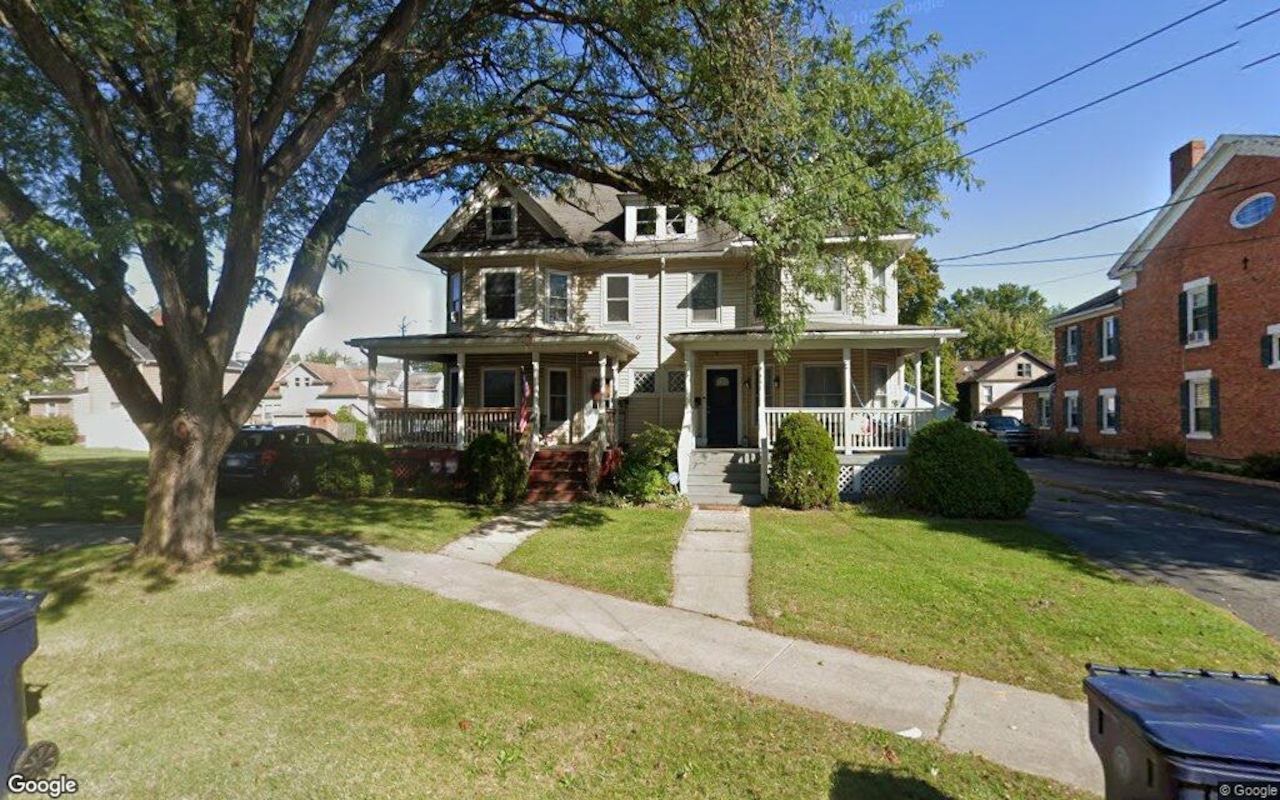A
t the 2025 ULI Asia Pacific Summit, a panel of industry leaders explored the impact of artificial intelligence (AI) on real estate. The discussion covered the rapid growth of data centers, AI adoption, and its effects on the built environment and workforce.
Moderated by Ariel Shtarkman, the panel included Rui Hua Chang from ESR, Raymond Kwok from Nan Fung Development Limited, Charles Whiteley from AECOM, and Nils Pihl from Auki Labs. Chang highlighted the surge in data center demand, driven by AI's "hype curve." However, he questioned whether this growth would lead to oversupply, echoing historical commercial real estate cycles.
The panelists agreed that anticipating demand and future-proofing physical assets is crucial as technologies advance rapidly. Kwok discussed the journey of AI adoption within organizations, from retrieving information to human-AI teams. He emphasized the need for re-engineering workflows and business processes to fully leverage AI's potential.
Whiteley presented AECOM's three-phase blueprint for AI integration: internal efficiency, reimagining delivery, and new revenue streams. The company has already seen significant productivity gains through AI adoption in areas like property valuation, design automation, and retail management.
Despite progress, panelists acknowledged the challenges of scaling AI in real estate, including the need for tailored models and business context. Pihl noted that AI excels at cognitive tasks but struggles with manual labor, highlighting the potential for spatial computing and drones to automate physical tasks.
Looking ahead, the panel predicted a radical downsizing of organizations by the 2030s, thanks to AI's ability to supercharge smaller teams' productivity. This shift will require real estate developers to adapt and plan for a leaner future, as the demand for traditional office spaces may decline.













